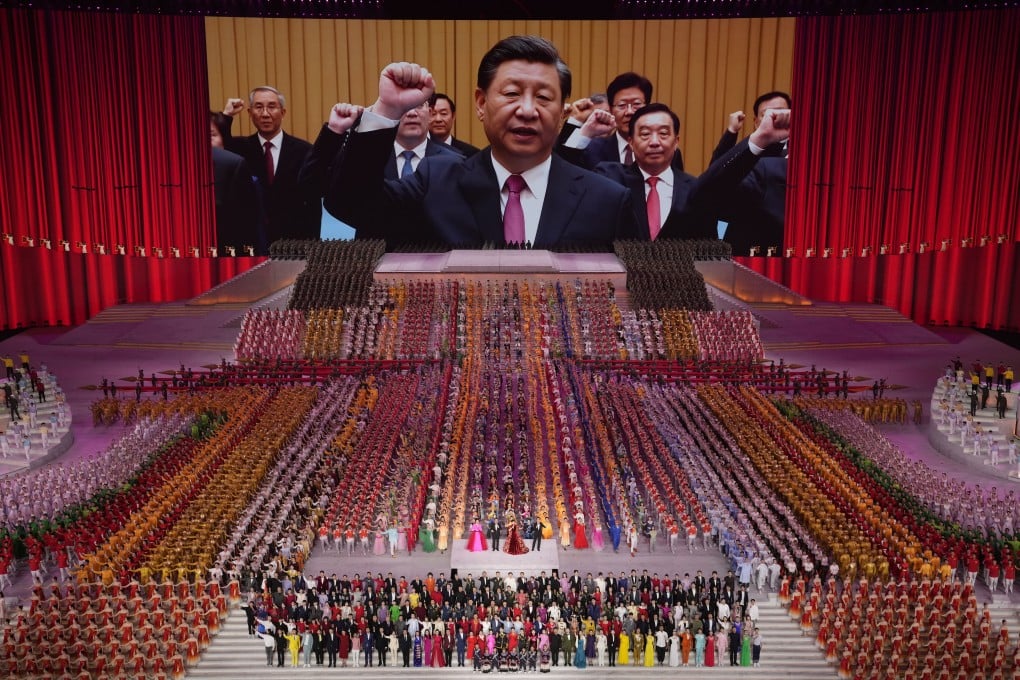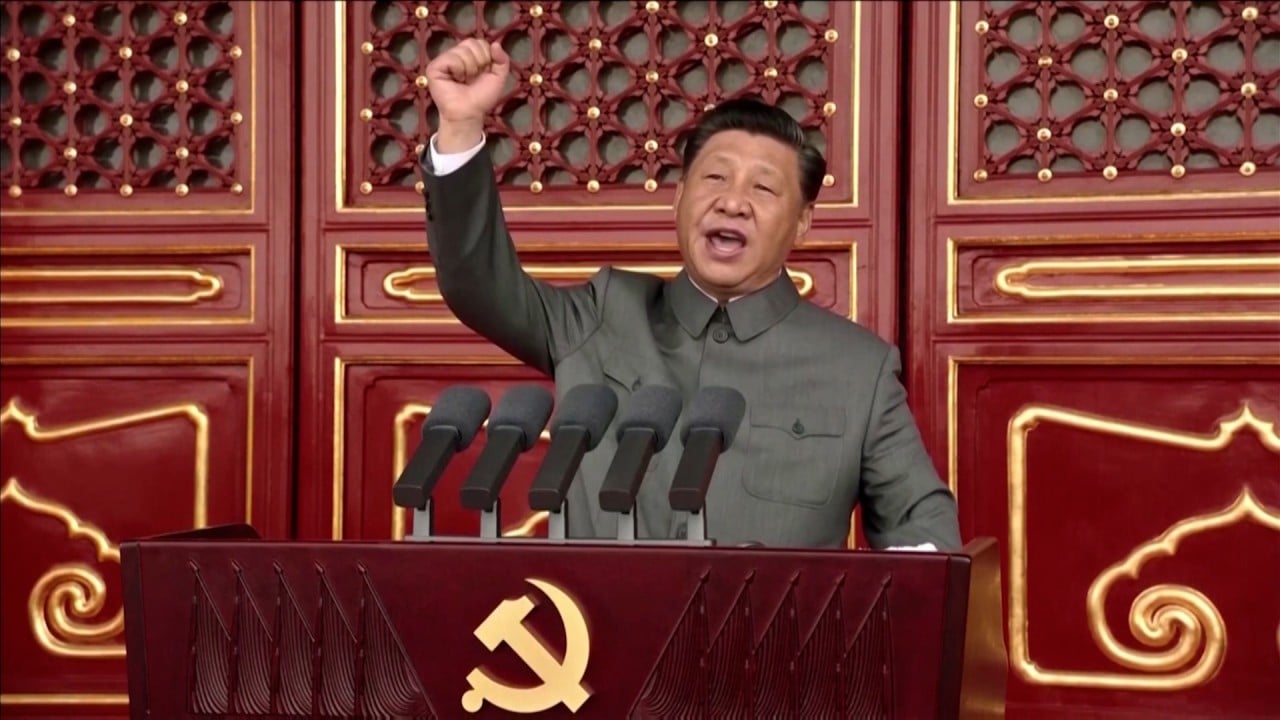Xi Jinping asks: why do Chinese officials lack initiative and wait for orders from the top?
- The country’s most powerful leader in decades told an internal party meeting that too many cadres only act on written orders, according to a new book
- Xi has moved to consolidate his control over the party – a process some believe has made his underlings risk-averse

In January, Xi expressed frustration at a lack of initiative among officials at an internal meeting and complained that too many waited for instructions from the top before acting, according to a book published by Central Party Literature Press last month.
“My written instructions are the last line of defence,” Xi said. “If I didn’t hand out instructions, would these officials do any work?”
But some analysts noted that written orders had become an increasingly important part of the leadership’s top-down monitoring in recent years and suggested this had made officials more risk-averse.

04:14
Xi Jinping leads celebrations marking centenary of China’s ruling Communist Party
Ling Li, a professor specialising in Chinese politics and law at the University of Vienna, said: “Instructions from individual party leaders are more compelling than party policies or rules because they address specific problems to designated offices or the people in charge.”